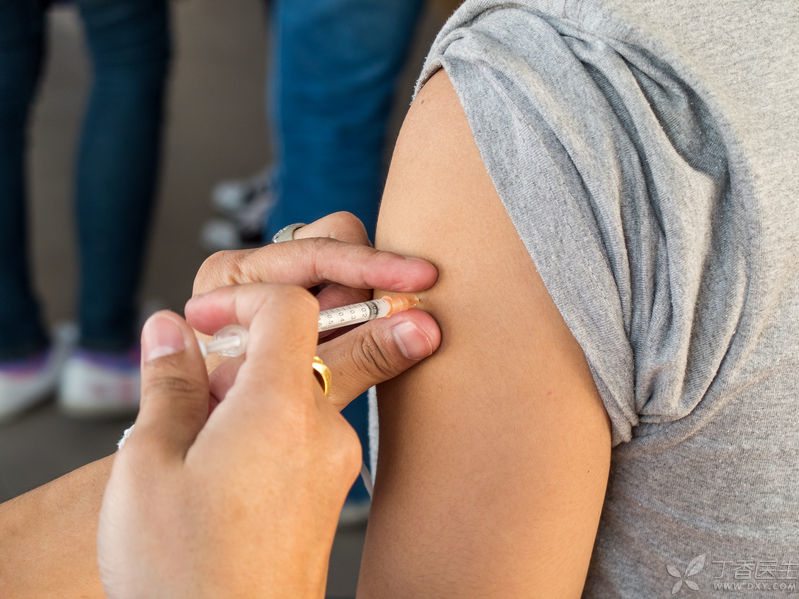
Cervical cancer is one of the three major malignant tumors in women. Worldwide, one woman dies of cervical cancer every two minutes.
On April 29, the State Drug Administration announced that the nine-valent human papillomavirus vaccine (i.e. HPV vaccine) used to prevent cervical cancer was conditionally approved for listing.
The [nine-valent] mentioned here refers to what? Who is suitable for HPV vaccine and who is not? To prevent cervical cancer, should we also do some what?
Look down and you will know.
Is what an HPV vaccine?
HPV, or Human Papilloma Virus, or human papilloma virus, is one of the most common pathogens of sexually transmitted diseases, especially in gynecological diseases.
It can cause condyloma of external genitals and cervical intraepithelial neoplasia. Continuous infection of some HPV viruses can also cause cervical cancer.
Cervical cancer is the second highest incidence of cancer among women aged 15 to 44 in China, with about 130,000 new cases each year.
Cervical cancer vaccine, which is the HPV vaccine we are going to talk about today, can prevent more than 70% of cervical cancer.
Is there any difference between bivalent, tetravalent and bivalent in what?
At present, HPV vaccines listed worldwide are divided into three categories: bivalent, tetravalent and bivalent.
There are hundreds of subtypes of HPV virus. The [valence] mentioned above refers to the number of subtypes of HPV.
The more the price, the more HPV types that can be prevented, and the better the prevention effect.
Bivalent HPV vaccines mainly target HPV 16 and HPV 18;
Tetravalent HPV vaccines mainly target HPV 6, HPV 11, HPV 16 and HPV 18;
Nine-valent HPV vaccines mainly target HPV 6, HPV 11, HPV 16, HPV 18, HPV 31, HPV 33, HPV 45, HPV 52 and HPV 58.
Who is suitable for HPV vaccine?
1. How old can I be vaccinated?
Regarding the population suitable for HPV vaccine, let’s start with the age suitable for vaccination.
Different countries, even different institutions in the same country, give different suggestions.
The recommended age of American universities is 9 ~ 26 years old. Globally, the recommended age ranges from 9 to 45 years old.
In fact, the older you get, the less effective the vaccination will be.
However, the age limit is not absolute, more importantly, it depends on whether you have had sex. Vaccination is the best before your first sexual behavior.
Some people will ask: [If you have sex, can you not get HPV vaccine? ]
Yes. Only after having sex, the probability of HPV infection is greatly increased, and the vaccination effect is relatively poor.
In addition, as mentioned just now, there are many types of HPV. Even if one type has been infected, the vaccine still has a preventive effect on the types that have not been invaded.
Can pregnant women be vaccinated?
According to the opinion of the American College of Obstetricians and Gynecologists (ACOG), vaccination during pregnancy is not recommended for the time being.
However, vaccination can be carried out during pregnancy preparation.
Since HPV vaccines are usually injected in three times, there is a time interval between every two injections, and the whole process will last for half a year. If pregnancy is found before vaccination is completed, subsequent vaccination can be completed after delivery.
In addition, nursing mothers can also be vaccinated with any kind of HPV vaccine.
Do men need vaccination?
Men can also be vaccinated with HPV vaccine. If they want to be vaccinated, it is recommended to be vaccinated with nine prices.
Because the nine-valent vaccine has relatively better preventive effect on anal cancer, penis cancer and genital wart, the benefit rate of vaccination is greater.
Finally, I would like to remind everyone that whether you are vaccinated with HPV vaccine or not, regular screening for cervical cancer is still essential.
